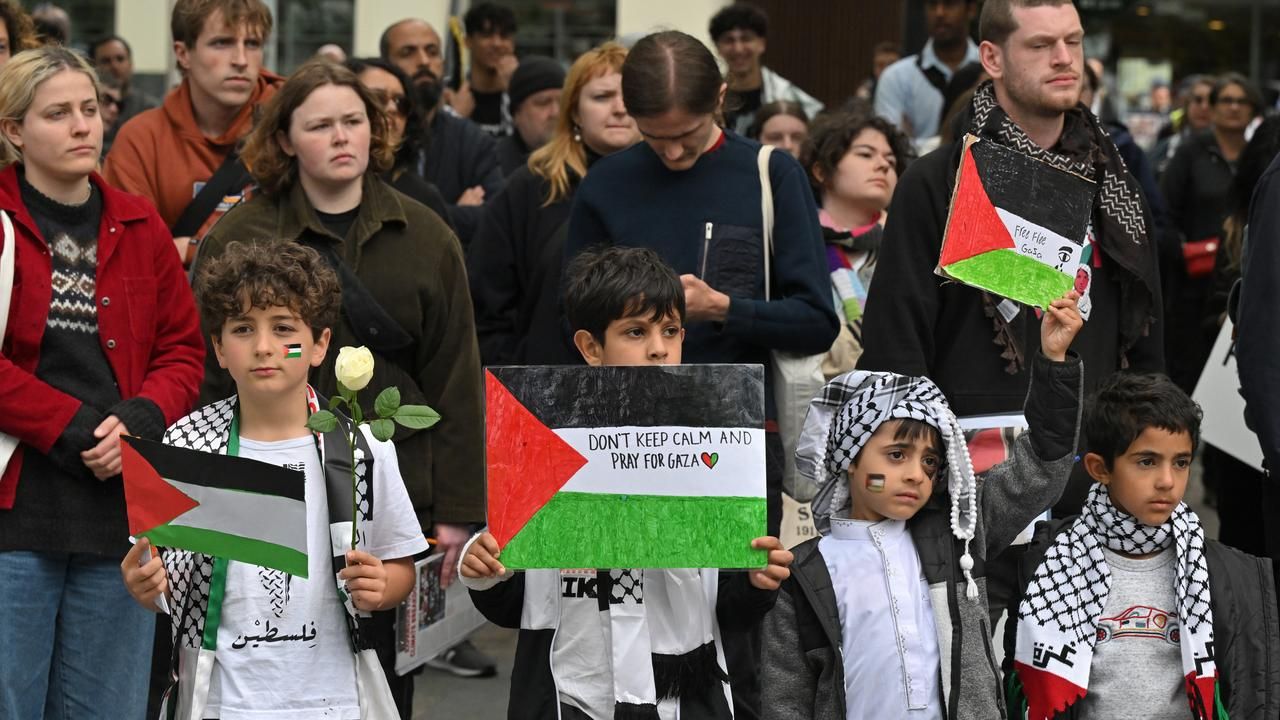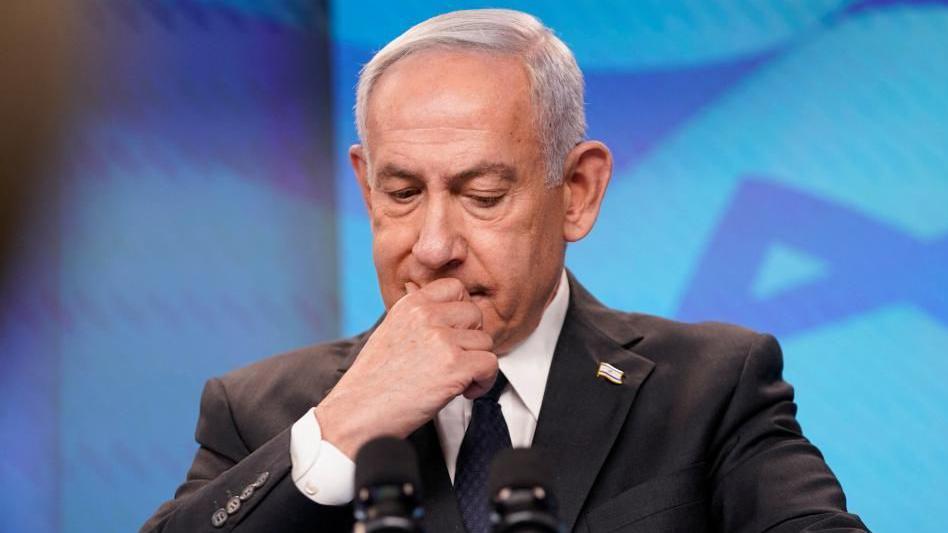Report Reveals Systemic Anti-Palestinian Racism in Australian Schools
A new report has uncovered systemic and widespread anti-Palestinian racism within Australian schools. The report details numerous accounts of discrimination experienced by students, teachers, and members of the Palestinian diaspora, raising concerns about the normalization of abuse and the lack of adequate response from school management.
Experiences of Discrimination
The report, released by the Australia Palestine Advocacy Network, analyzes over 80 accounts collected between March and July 2024, including those of children as young as eight. These accounts detail instances where students and teachers were attacked, penalized, and punished for discussing the Israel-Hamas conflict or displaying symbols of solidarity with Palestine. Nahil Chidiac, a mother of four, stated that her children have experienced similar discrimination and that school management has largely ignored the problem.
"They haven't fully taken it seriously, so they don't address it," she told AAP. "This is personally impacting a lot of our students, a lot of our children in classes, and they're being told not to speak about it."
Specific examples cited in the report include a student being told that Gazans "deserved what they got" while collecting donations, another student being attacked for speaking Arabic, and a teacher being "screamed at" by their principal for wearing a keffiyeh, a traditional Palestinian scarf.
Testimonies of Abuse
One teacher described being called a "terrorist" and "antisemitic" for wearing a keffiyeh. "She (the school principal) demanded that I take off my keffiyeh or leave," the teacher stated. Another teacher reported being bullied not only out of a job but out of the country. Nasser Mashni of the Australia Palestine Advocacy Network emphasized that "Anti Palestinian racism isn't simply widespread, it has been systemised and normalised."
Recommendations and Calls to Action
The report urges government and school leaders to address anti-Palestinian abuse as a significant problem. Key recommendations include:
- Recognizing anti-Palestinian racism as a significant problem.
- Allowing for open discourse about the Israeli-Palestinian conflict.
- Organizing teacher training programs on anti-Palestinian racism.
- Educating students about the significance of Palestinian symbols and clothing.
The Palestinian Community in Australia
There are more than 15,000 people in Australia who identify as having Palestinian ancestry, with nearly two-thirds residing in NSW. The report highlights the urgent need to address the systemic racism impacting this community's children and educators within the Australian school system. Education leaders have to act now to ensure that school is a safe and welcoming place for all students.
 Visit the website
Visit the website



